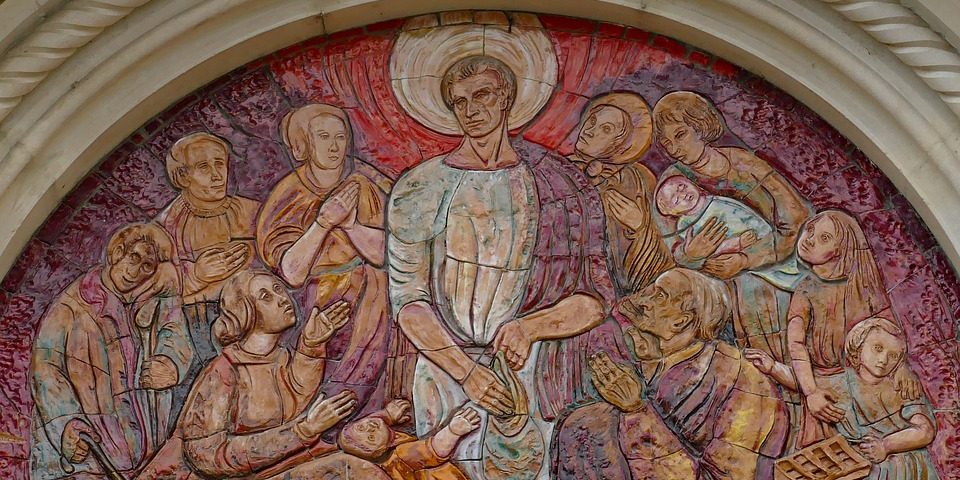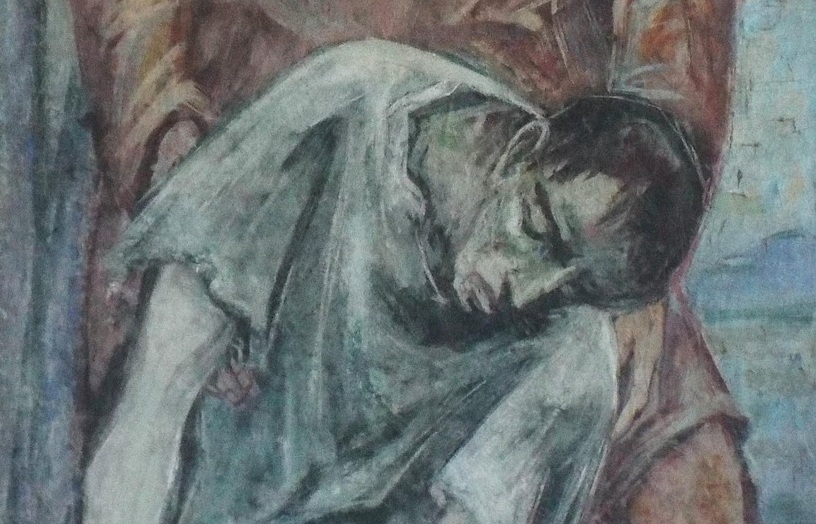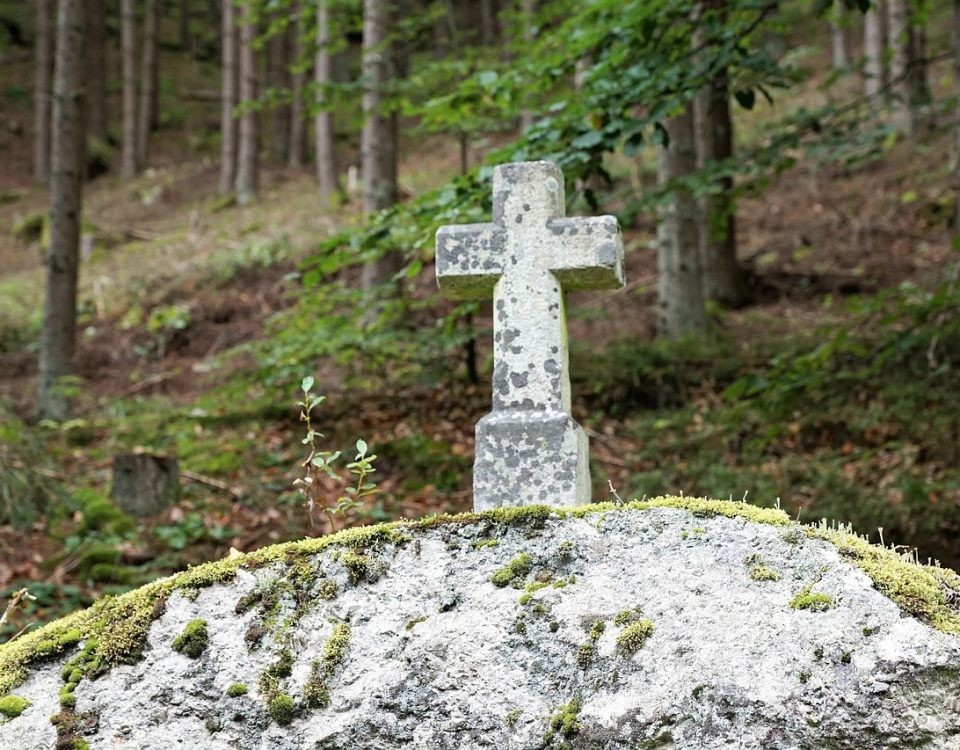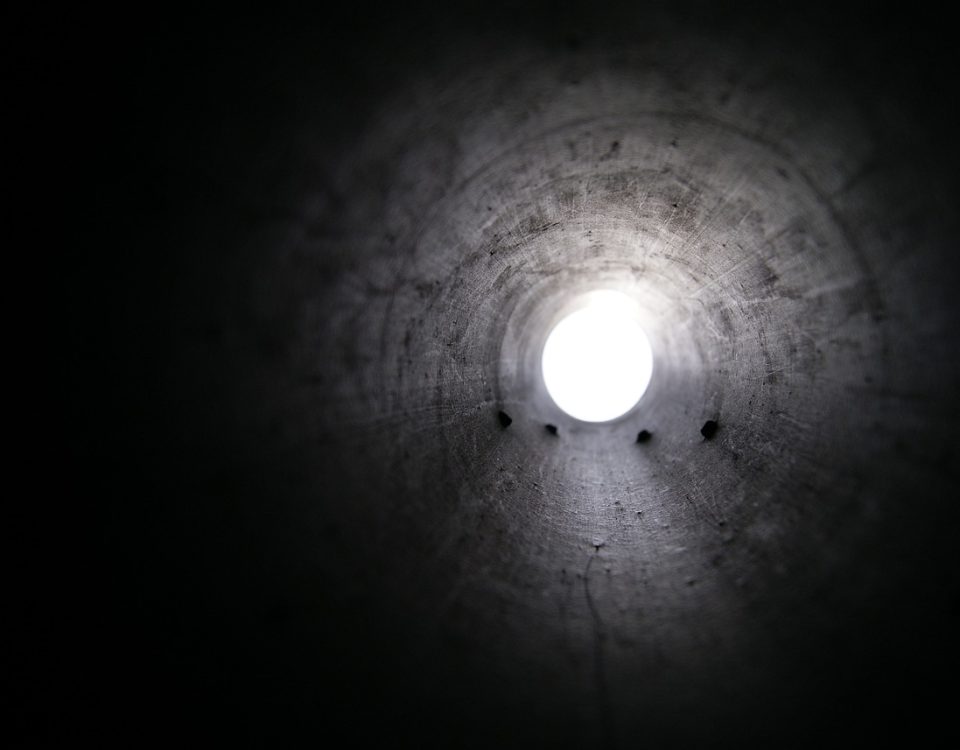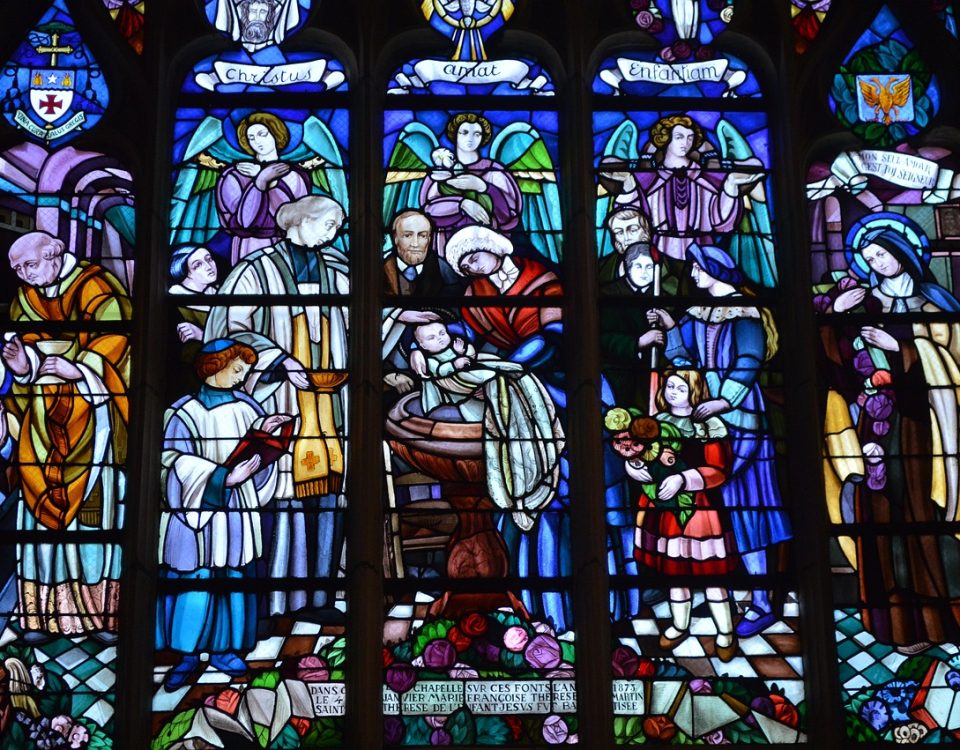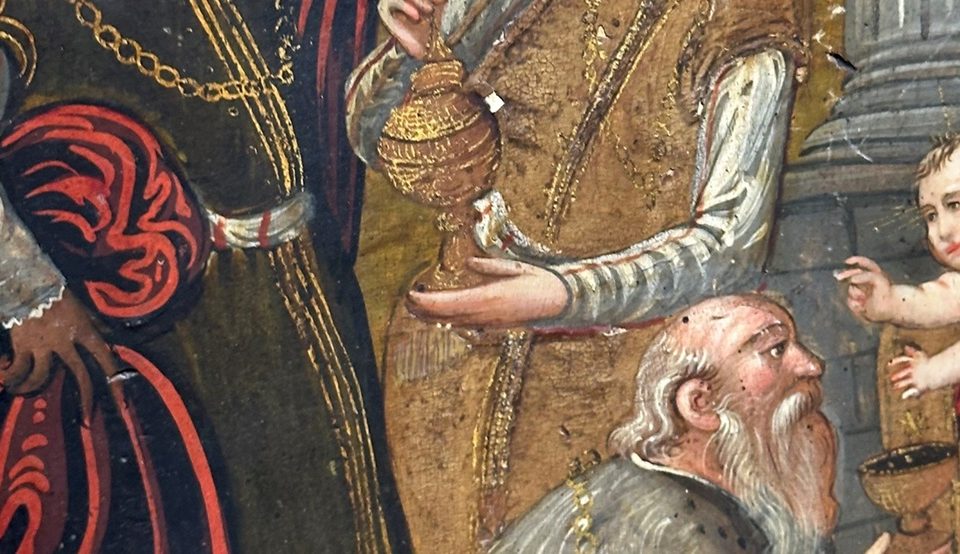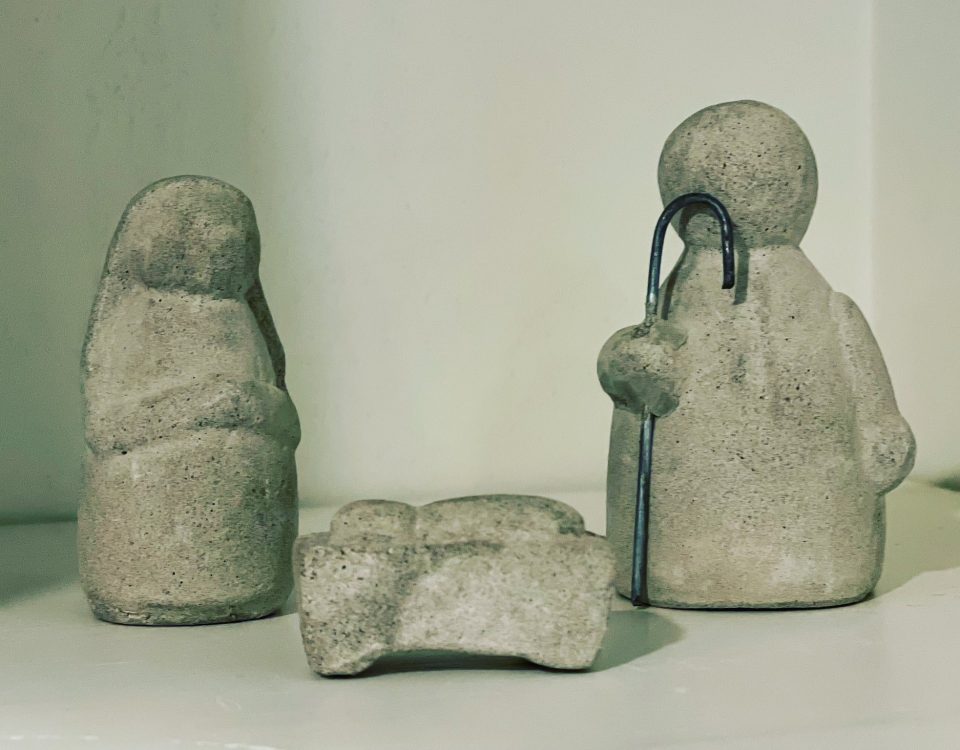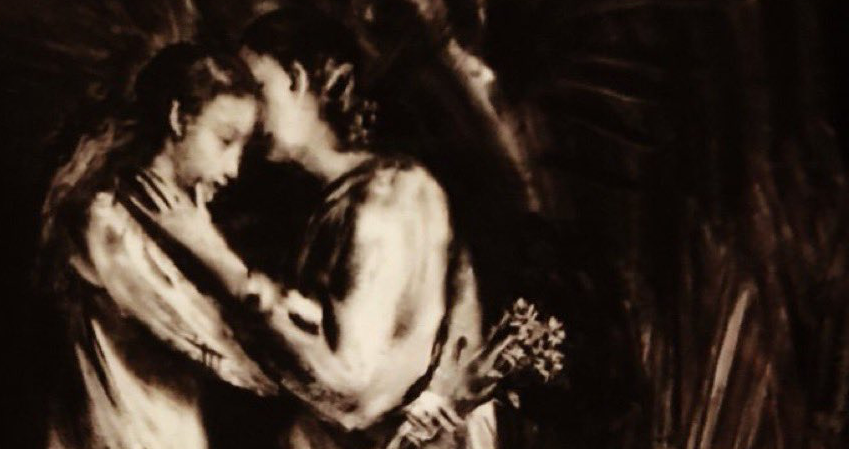Click here to listen to this homily.
The idea that we should care for the sick and the suffering is, of course, relatively new in the history of humanity.
Once, caring for someone in need—much less a stranger—was not an evidently good thing to do. The bonds of charity holding together ancient Greek and Roman society, for example, were exclusively the bonds of citizenship—only those belonging to the demos, full members of the city-state, enjoyed the aid and benefits of social welfare and protection. To receive any sort of help, you had to belong. There was as yet no concept of human rights, only the rights of the tribe. This was the law of the jungle for most of our history, not this latter more liberal idea of charity for everyone.
They were the Jews that brought this idea into the world—the idea that we should care for everyone. They had this moral fetish, you see, for the widow, the orphan, and the stranger.[1] And of course, Christians, being morally good Jews, carried this idea to the entire known world. Christians also had this strange mystical faith that in the poor they found God—in the least of their brethren.[2] And this was the beginning of a revolution, when this strange new faith, with its different ethics, took root amid the ancient tribes. Pagans in the ancient world knew little of Christians—thinking them incestuous cannibals, an irreligious, seditious lot for the most part—but they knew Christians cared for the poor. Julian the Apostate, fourth century emperor: he tried to destroy Christianity and revive devotion to the pagan gods of old. And one of the things he did to try to run the Church out of business was to imitate Jewish and Christian institutions of charity. “For it is disgraceful,” he said, “when no Jew ever has to beg, and the impious Galileans [the Christians] support not only their own poor but ours as well.”[3] As I said it was a revolution. Our wiser enemies know this. As David Bentley Hart wrote some time ago now, even atheists must admit that “we are inheritors of a social conscience whose ethical grammar would have been very different had it not been shaped by Christianity’s moral premises.” Which atheists and politicos often do not admit. Nonetheless, it remains true (and this is why the Church and faith still matter, my friends) that, as Hart says, “Compassion, pity, and charity, as we understand and cherish them, are not objects found in nature, like trees or butterflies or academic philosophers, but are historically contingent conventions of belief and practice, formed by cultural convictions that need never have arisen at all.”[4] Once upon a time, long ago, we didn’t care—in that colder, darker age. But then there were Jews, and Christians who wandered the world with their Gospel, preaching and loving.
Of course, at the heart of this revolution is Jesus. These recent few weeks in Matthew’s gospel we’ve followed Jesus, this new king of this new kingdom, bringing children in song into the temple, healing the disabled, talking about a kingdom built of humble faith rather than pride, of communion rather than mere heritage. It’s a kingdom for everybody, the last as well as the first.[5] In today’s gospel we hear the Pharisees didn’t much like what Jesus was inaugurating, so they tried to trip him up with the authorities—get him in trouble with Rome. But Jesus (who rather importantly does not have an idolatrous pagan coin on him) says in substance, “Let Caesar have what is his.”[6] He gives Mammon back to Mammon. “This is a new kingdom,” he means by giving the coin back. “That’s old currency. It’s not worth anything here anymore.” But that was just a skirmish, hardly anything at all in the grand scheme of things. Jesus established a kingdom of love for God and for every neighbor. He’s not going to be stopped by some clever academic with a legal question. The message has been clear from the beginning: “The kingdom of God is at hand. Repent, and believe in the gospel.”[7]
This is the revolution—this strange new faith with its strange new ethics. And it has made the world you know whether you know it or not. It has given you that basic sense of human compassion, love for the poor, an ethic of universal love. It has given us hospitals, the possibility of an idea of inalienable rights, a sense that we should care for the disabled and the poor and not simply abandon them—all because in the faint memory of each of us (even the foolish atheist) there is that reliquary sense that God become man, that he loves the lowly, the outcast, and the poor, and that he will avenge with a mighty wrath those who harm the little ones he loves.
This is our tradition of charity. And we are responsible heirs in this long line of compassion and service. Gregory the Theologian, the great fourth century father of the Church, preached a sermon once, trying to raise money for a hospital and for the poor. Money was tight. There had been a terrible famine in the region; and, of course, they were the poor and sick that suffered the most. But what that great preacher did to warm the hearts and loosen the purses of his listeners was simply but forcefully to remind them of the sacred humanity of those who languished and begged just outside the doors of their church—“a dreadful and pathetic sight,” he said, “one that no one would believe who has not seen it: human beings alive yet dead, disfigured.”[8] He described these sacred sufferers in gruesome detail. He meant to make his flock uncomfortable. “This is how they suffer,” he said—describing the frightful effects of leprosy and famine—“these, our brothers in God, whether you like it or not.”[9] He rather brutally reminded his fearful flock of the sacredness of human nature, suffering right there in front them. And he asked, “What shall our attitude toward these people be? What shall we do? Shall we neglect them? Walk on by?”[10] Of course not, he said. Rather we should “purify ourselves through acts of mercy.”[11] This is the only behavior befitting Christian people—the only behavior.
Now I have elected today to preach to you about this tradition of ours—cheating you, probably, out of some sort of scholarly interpretation I’m sure you desperately wanted—to say, very simply: remember that you’re Christians. Remember you are heirs to this great revolution, this tradition of love of God and neighbor. In this pandemic world, amidst suffering, anxious for the civil, social, political, and economic anxiety of everything: let Caesar have what is his; let the world rage. But you: remember you’re Christians. People may hand you a coin, and on that coin may be a question, something like: Who are you going to vote for? What are your politics? What’s your opinion? Are you with us or against us? Do not be tricked. Let Caesar have what is his. Our task is to mind what belongs to God—the love and worship of him and the love and service of others, his children. Christians have always put themselves in places of danger. When Christians have been at their best, they’ve never fit comfortably within society; a Christian who is politically or socially comfortable today is almost certainly an idolator. Christians are uncomfortable outcasts; we must remember how to be outcasts again. But no matter what, we’ve always served. Christians don’t ask, “Why?” or “Who?” They ask, “How can I help?” The coward asks, “What will happen to me if I help that man in need?” The person of courage, however, and hopefully always the Christian, asks, “What will happen to that man if I do not help.” Jesus wasn’t distracted by Caesar and the things of Caesar—he wasn’t trapped—and nor should we get distracted or trapped. May we be a parish of the courageous—ready to pray, to love, and to serve—in this courageous and great city, our home, and this country still in need of Christians. And may you remember to mind the things of God too and not get distracted. Because why has Christ brought us to this moment if not to be Christians? If not to be light in darkness. Amen.
[1] Exodus 22:21-24 passim
[2] Matthew 25:31-46
[3] Julian, Letter 22 1:58-70
[4] David Bentley Hart, Atheist Delusions, 16
[5] Matthew 21:14-14; 19:30; 20:16
[6] Matthew 22:21
[7] Mark 1:15
[8] Gregory Nazianzus, Oration 14.10
[9] Ibid. 14.14
[10] Ibid. 14.15
[11] Ibid. 14.37
© 2020 Rev. Joshua J. Whitfield
